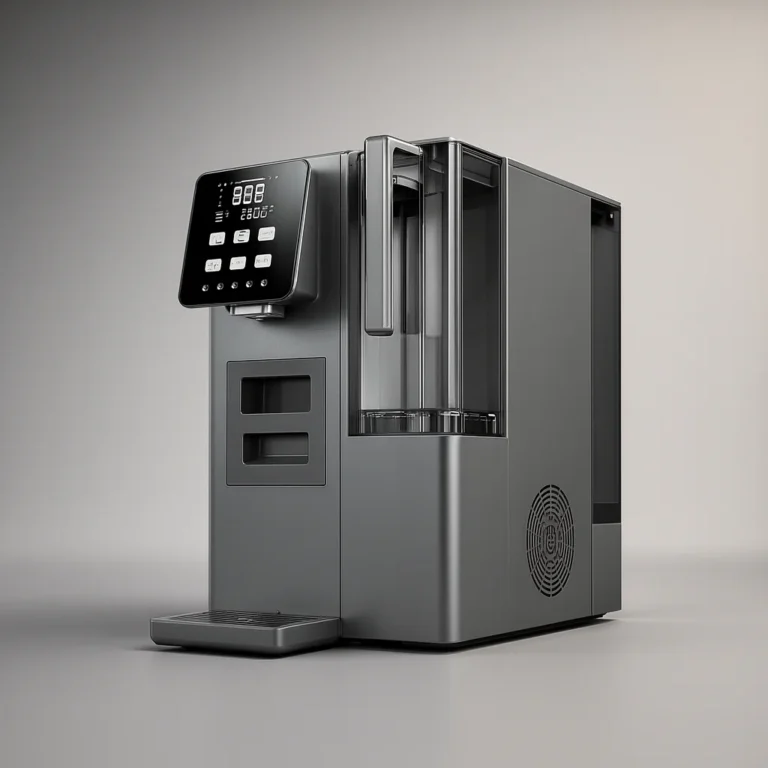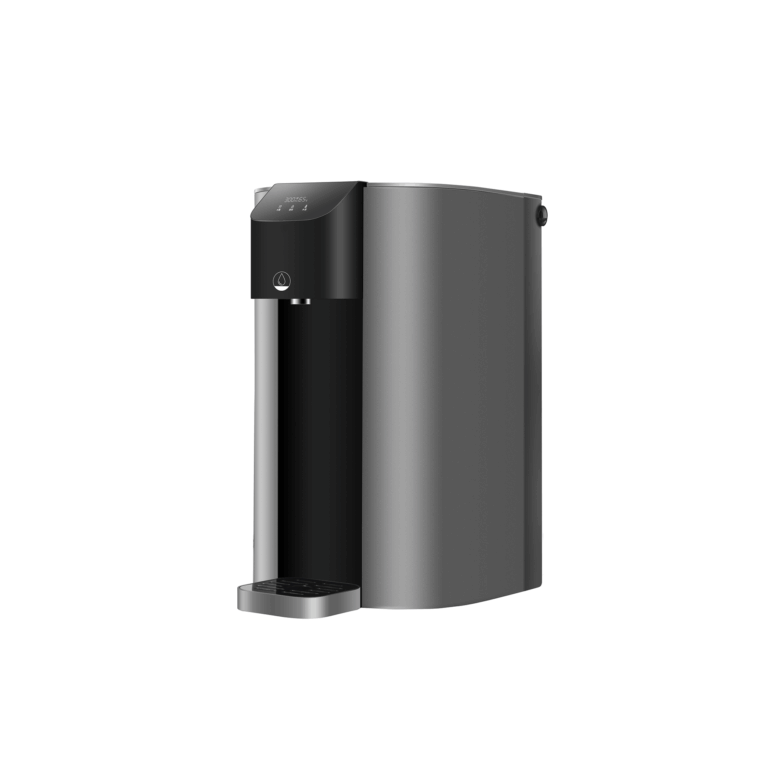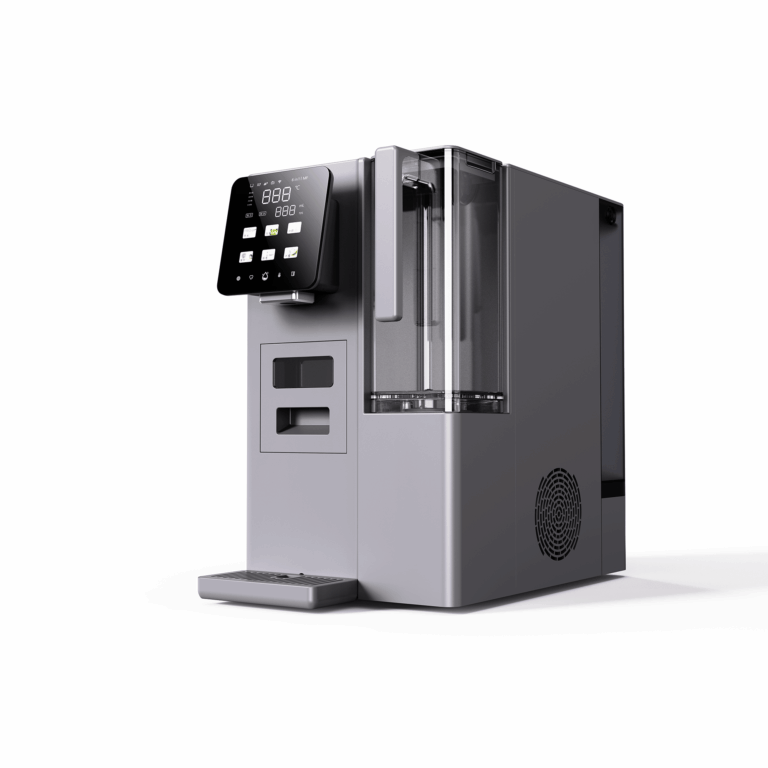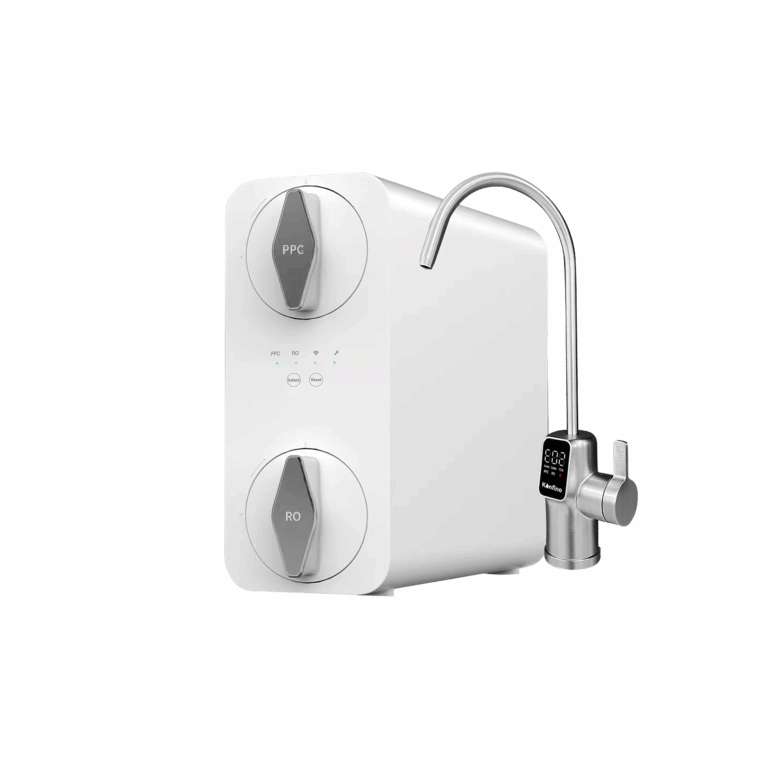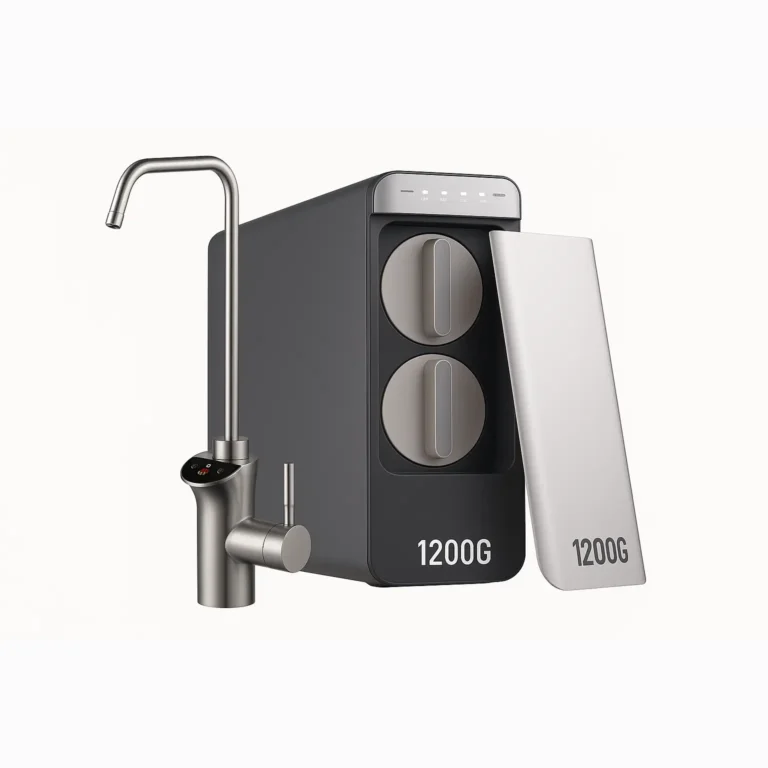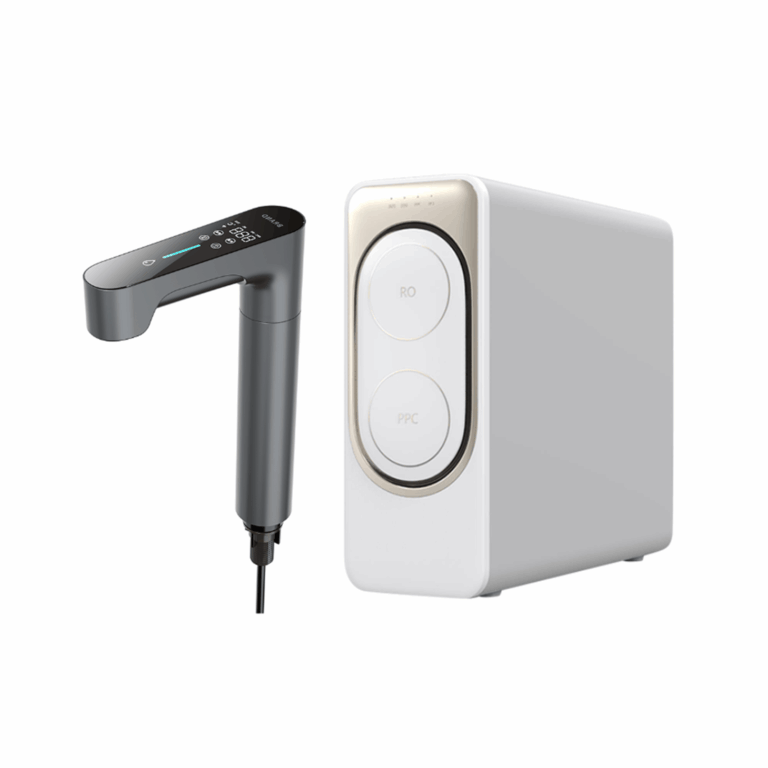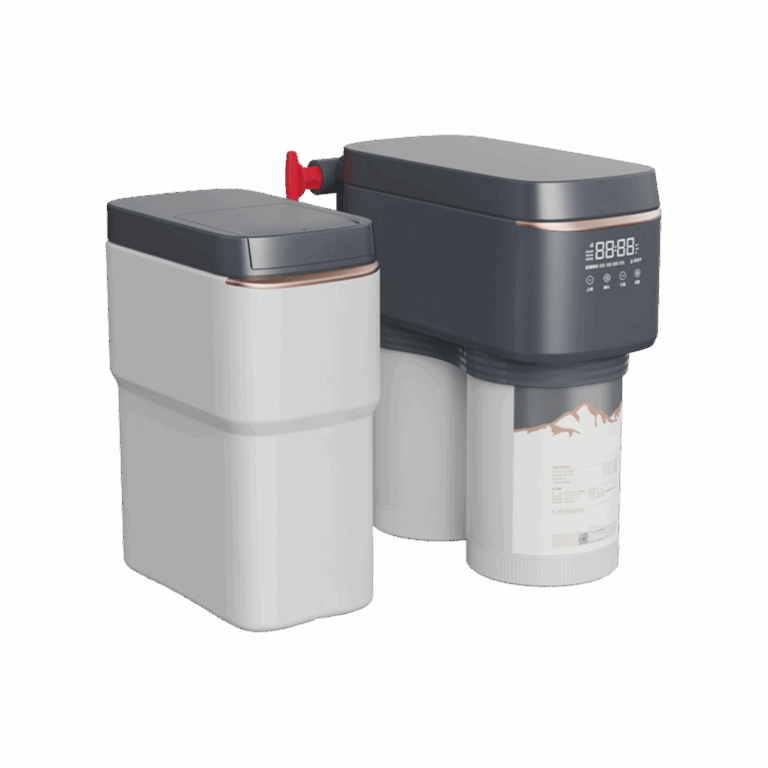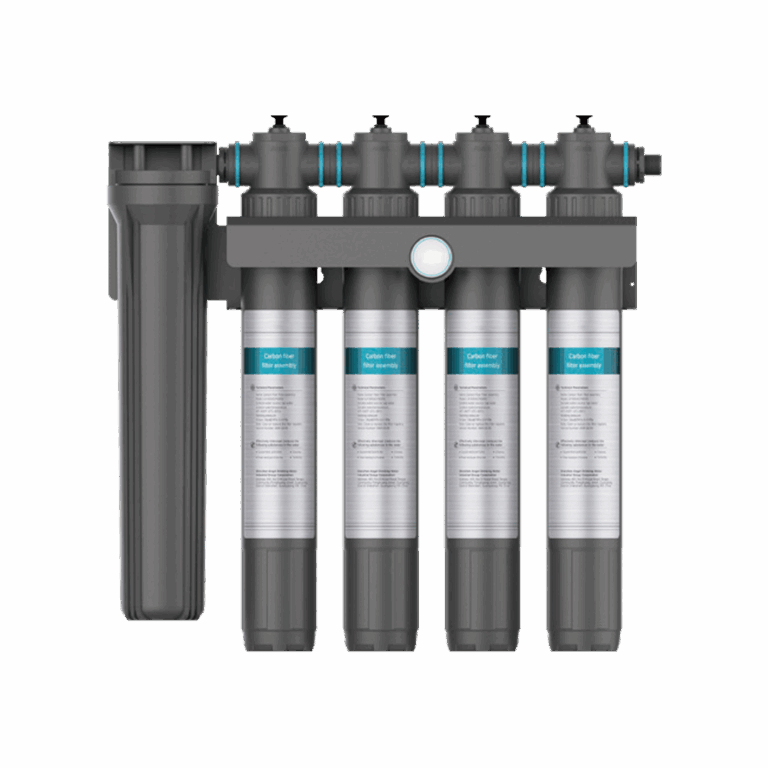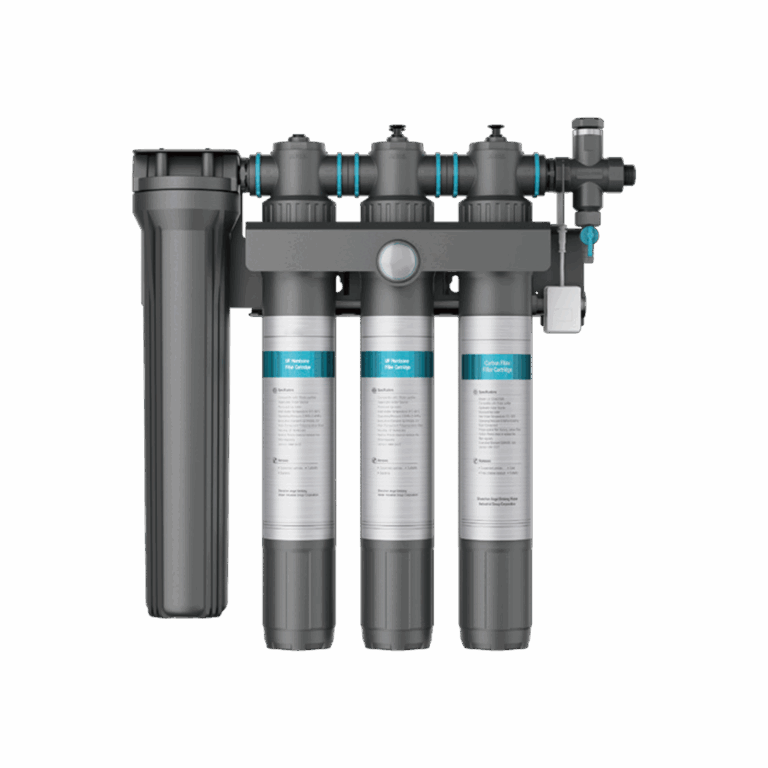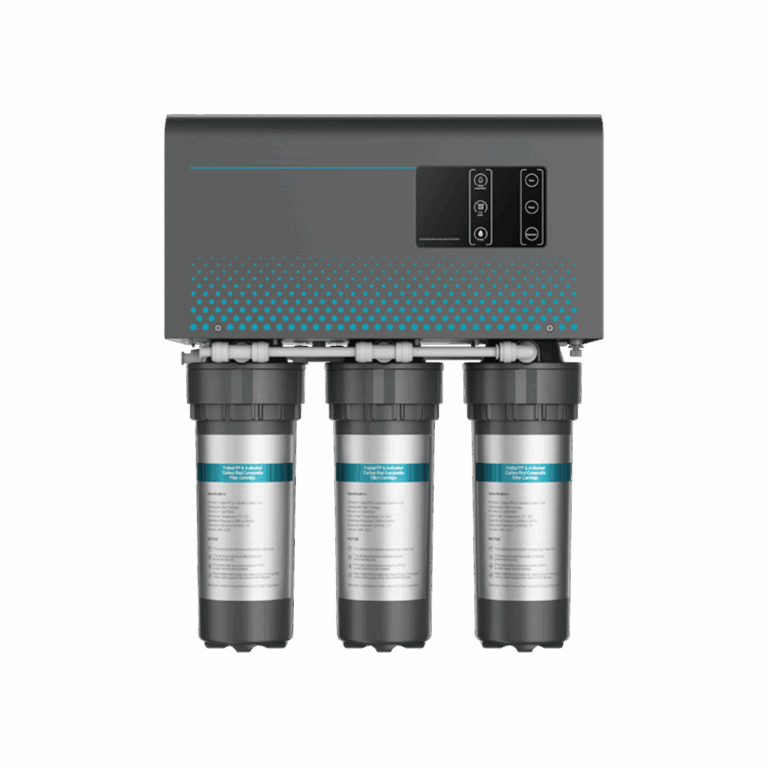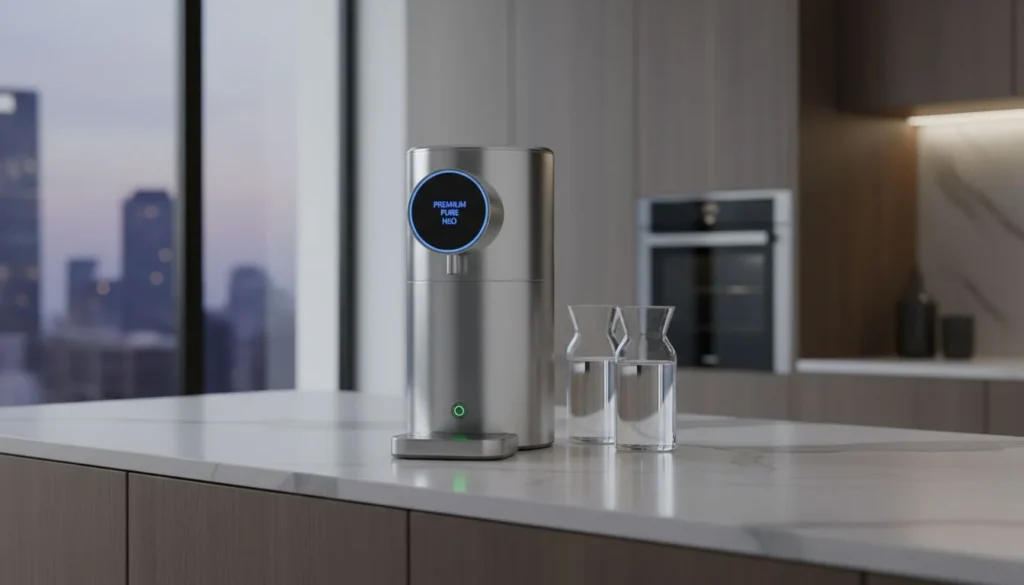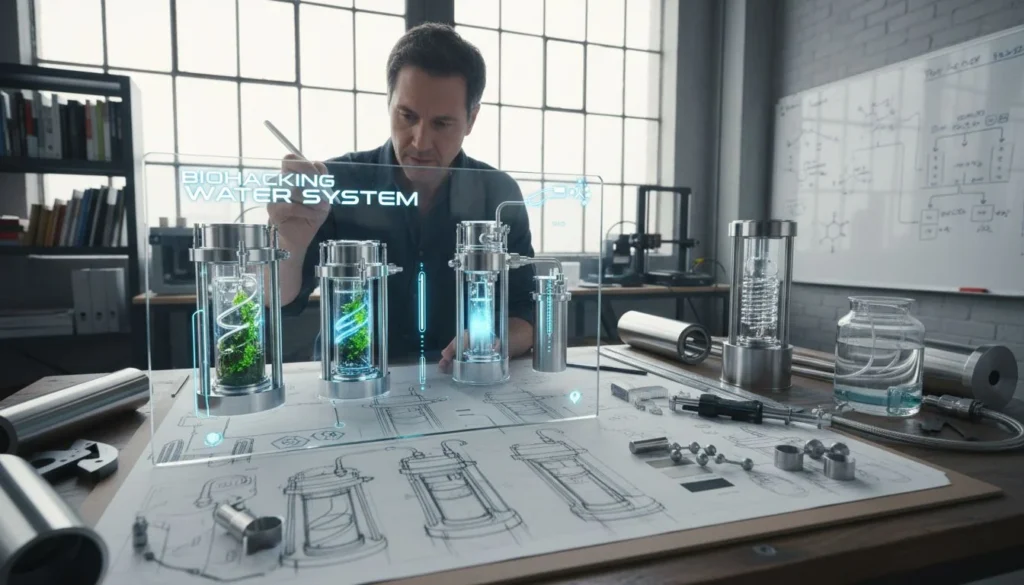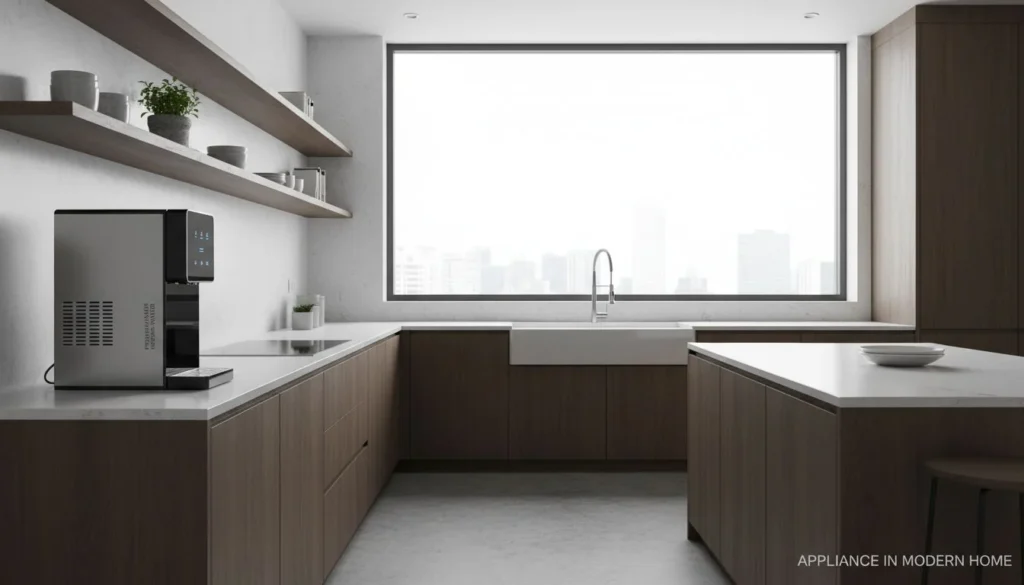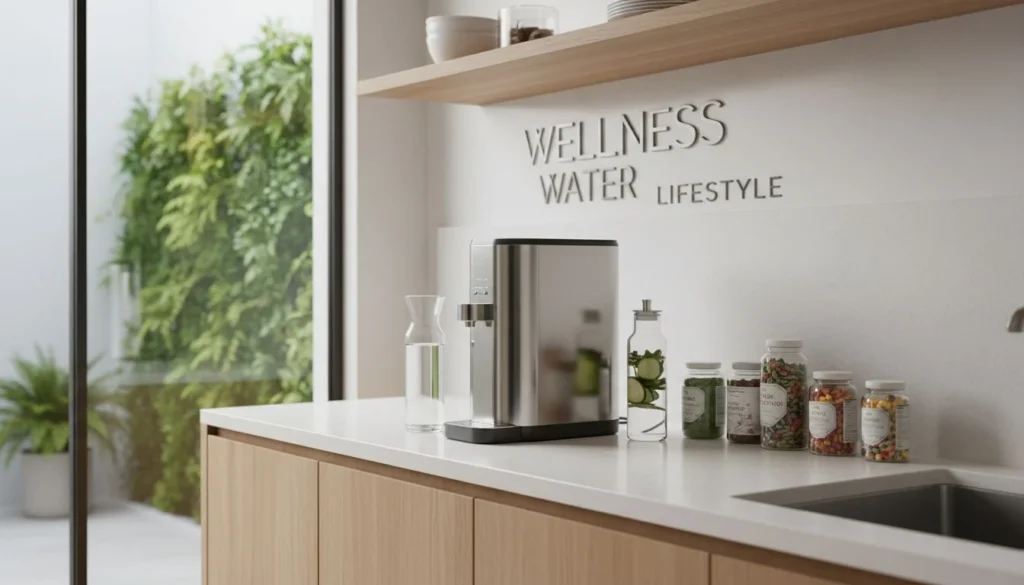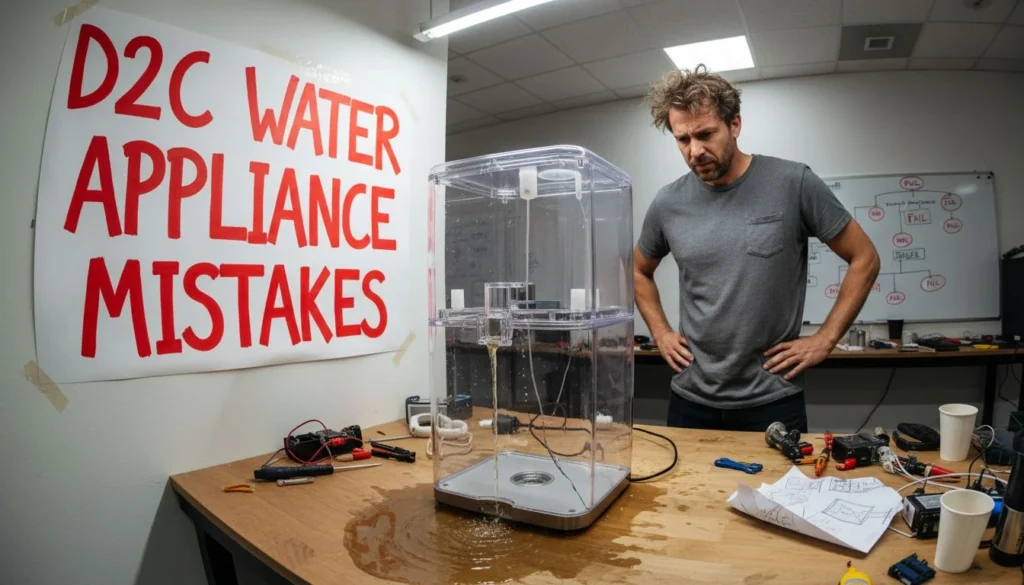In a market saturated with options, sourcing water purifiers for your business or home can feel overwhelming. The challenge isn't just finding a supplier; it's finding a reliable one whose products are backed by legitimate U.S. certifications. The quality of a water purifier directly impacts health and safety, making this a decision that carries significant weight. A trustworthy supplier provides more than just a product; they offer peace of mind, quality assurance, and a commitment to consumer well-being.
This guide will walk you through the essential steps to identify and vet suppliers, understand the critical U.S. certifications, and spot red flags. We'll also introduce you to HisoAir, a brand that exemplifies the standards of quality and reliability you should demand from a supplier.
Decoding the Landscape of U.S. Water Purifier Certifications
Before you can evaluate a supplier, you must understand the benchmarks for quality. In the United States, there are no federal regulations for residential water treatment systems. Instead, a set of voluntary standards, primarily developed by NSF International and the American National Standards Institute (ANSI), serve as the industry's gold standard. Independent, third-party certification to these standards is the single most important indicator of a product's safety and effectiveness.
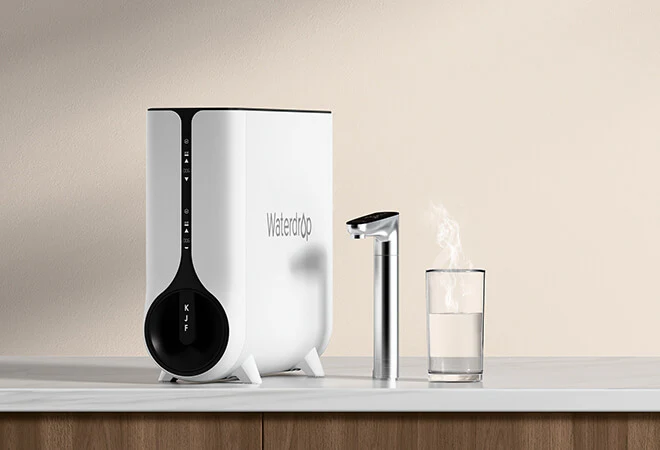
Here are the key certifying bodies and standards you need to know:
NSF International: Formerly the National Sanitation Foundation, NSF is a globally recognized authority on public health and safety. An NSF mark is a rock-solid guarantee that a product has undergone rigorous testing, including material analysis, structural integrity checks, and contaminant reduction performance verification. This process also includes unannounced annual factory inspections to ensure ongoing compliance.
Water Quality Association (WQA): The WQA is a leading trade association for the water treatment industry. Its "Gold Seal" program is the industry's oldest third-party certification, signifying that a product has been tested and certified to the relevant NSF/ANSI standards. A supplier who is a WQA member is also more likely to be invested in the industry and adhere to a code of ethics.
Key NSF/ANSI Standards to Look For:
It's crucial to know that certification is not a one-size-fits-all designation. A filter is certified to reduce specific contaminants under specific standards. Always check the product's packaging or Performance Data Sheet (PDS) for the exact claims.
- NSF/ANSI 42 (Aesthetic Effects): This is a common standard for filters designed to improve the taste, odor, and appearance of water by reducing non-health-related contaminants like chlorine and particulates.
- NSF/ANSI 53 (Health Effects): This is one of the most critical standards. It certifies that a filter can reduce specific health-related contaminants regulated by the EPA, such as lead, asbestos, cysts (like Giardia), mercury, and VOCs. The standard for reducing PFOA/PFOS (chemicals of significant public concern) is also now included under NSF/ANSI 53.
- NSF/ANSI 58 (Reverse Osmosis Systems): This standard applies specifically to Reverse Osmosis (RO) systems. It mandates testing for the reduction of Total Dissolved Solids (TDS) and includes optional claims for other contaminants like arsenic, fluoride, and lead.
- NSF/ANSI 401 (Emerging Contaminants): This standard addresses consumer concerns about trace amounts of unregulated compounds, certifying a filter's ability to remove things like pharmaceuticals, herbicides, and pesticides.
A phrase like "Tested according to NSF standards" is a major red flag. It implies the manufacturer did their own testing without the impartial, rigorous oversight of an accredited third-party body like NSF or WQA. Always verify claims on the official NSF or WQA websites, which have searchable databases of certified products.
A Practical Framework for Vetting Suppliers
Once you have a shortlist of potential suppliers, a systematic evaluation is necessary to ensure they are a good fit for your needs. A reliable partner offers more than just a certified product; they provide stability, transparency, and excellent support.
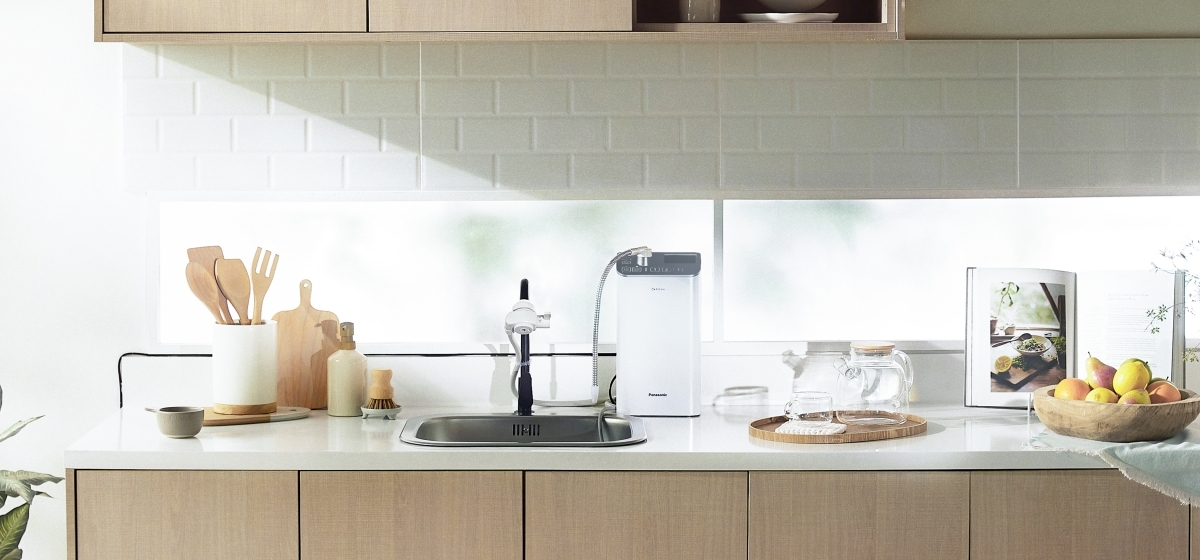
Use this checklist to guide your evaluation:
-
Company Stability and Reputation
- History and Experience: How long has the company been in business? An established history often indicates stability.
- Reputation: Research the supplier's reputation. Check for unresolved complaints with the Better Business Bureau (BBB). Consistent negative reviews about product quality, customer service, or misleading sales tactics are serious warning signs.
- Customer References: Ask for referrals from current customers to get real-world feedback on their performance and service quality.
-
Product Quality and Certification
- Verifiable Certifications: This is non-negotiable. The supplier must provide proof of certification for their products through direct links to the NSF or WQA databases. Do not accept a PDF of a certificate, as it can be forged.
- Quality Control: Do they have quality management systems in place, such as an ISO 9001 certification? This indicates a formal commitment to production quality and consistency.
- Technical Transparency: A legitimate manufacturer will freely share technical spec sheets and Performance Data Sheets (PDS). Be wary if this information is hidden or if the spec sheets look copied from another brand.
-
Commercial Terms and Logistics
- Pricing and Minimum Order Quantity (MOQ): Ensure their pricing is competitive and their MOQ aligns with your business needs. MOQs can range from 50-500 units for smaller suppliers to over 1,000 for large manufacturers.
- Warranty: Scrutinize the warranty policy. A strong warranty reflects the manufacturer's confidence in their product. Understand the duration (typically 12 months or more), what's covered (parts, labor), and what exclusions apply, such as damage from improper installation or failure to replace filters.
- Shipping and Lead Times: Clarify their standard lead times, which can range from a few business days for in-stock items to several weeks for production runs.
-
After-Sales Support
- Customer and Technical Service: A good supplier should have a responsive and knowledgeable customer service team. Inquire about the availability of technical support for installation or troubleshooting. Do they have WQA-certified professionals on staff? This is a strong indicator of expertise.
- Spare Parts: Confirm the availability and cost of genuine replacement parts and filters. A supplier using proprietary filters can lock you into expensive, long-term costs.
Where to Find Potential Suppliers
- B2B Directories: Platforms like ThomasNet are excellent for finding U.S. manufacturers and distributors. Their listings often include valuable data like company history, revenue estimates, and certifications held. Other directories like IQS Directory and Metoree are also useful resources.
- Water Quality Association (WQA): The WQA website has a searchable directory of its members, which includes manufacturers, suppliers, and dealers. This is a great starting point, as members are bound by a code of ethics.
- Direct from Manufacturers: For large volume orders, approaching manufacturers like 3M or Culligan directly can be an option.
- International Platforms (with caution): Websites like Alibaba list thousands of suppliers, often at lower prices. However, this channel carries the highest risk. You must be extremely diligent in verifying certification claims through the official NSF/WQA databases. Insist on a direct link to the listing; if a supplier can't provide it, assume the product is not certified.
Red Flags and Scams to Avoid
An unreliable supplier can cost you more than just money they can damage your reputation. Be vigilant for these common red flags:
- High-Pressure or Deceptive Sales Tactics: Be wary of salespeople who use fear-mongering about your water quality, make exaggerated claims, or pressure you to buy immediately. This is a common tactic, especially with door-to-door sales.
- Misleading "Tests": Some sellers use scientifically meaningless in-home "tests," like using an electrical device to precipitate harmless minerals into a brown sludge or using red dye to "prove" a filter works. These are purely for show and prove nothing about contaminant removal.
- Vague or Missing Certification Information: The biggest red flag is a supplier's unwillingness or inability to provide verifiable proof of their NSF or WQA certifications.
- Unrealistic Claims: Claims that a system is "maintenance-free" are false. All purifiers require regular maintenance, most commonly filter replacement.
- Suspiciously Low Pricing: If a price seems too good to be true, it probably is. This can indicate a counterfeit product made with inferior materials that offers no real protection. BBB complaints often highlight issues with "bogus" or non-genuine replacement filters.
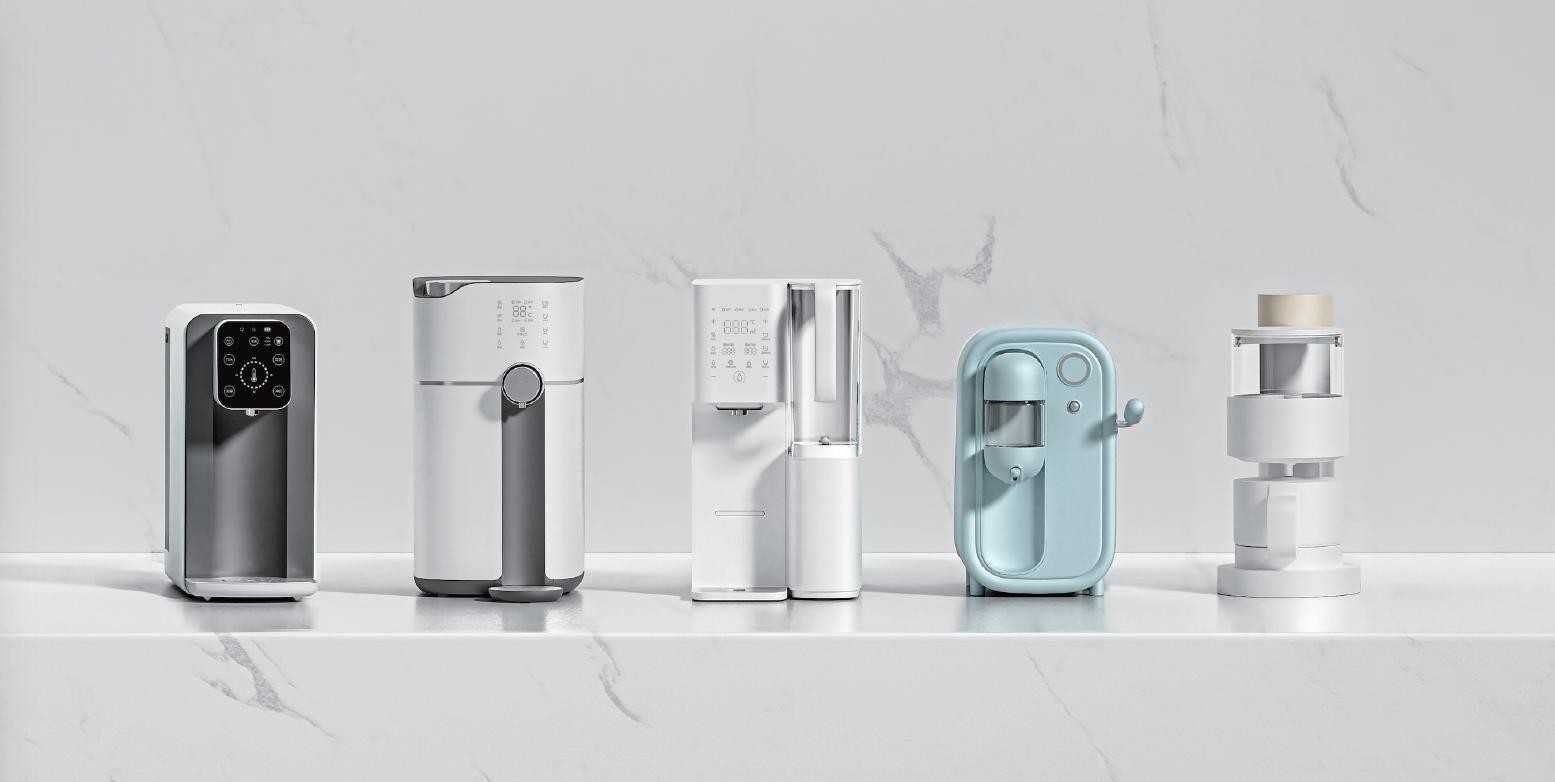
The HisoAir Standard: Your Partner in Pure Water
Navigating the complexities of sourcing a water purifier can be daunting, but you don't have to do it alone. Finding a brand that prioritizes transparency, quality, and proven performance is key. This is where HisoAir stands out.
At HisoAir, we believe that access to clean, safe water is not a luxury but a necessity. We've built our brand on a foundation of trust and a relentless commitment to excellence, embodying all the qualities of a reliable supplier.
- Commitment to Certification: We understand that trust is earned through verification. That's why our products are engineered to meet rigorous U.S. certification standards. When you choose HisoAir, you're choosing a product whose performance claims are backed by independent, third-party testing.
- Transparency and Quality: We provide clear, comprehensive information about our products and their capabilities. From the advanced filtration technology inside to the durable, high-quality materials we use, we believe in being open with our customers. Our goal is to empower you to make an informed decision for your health and peace of mind.
- Customer-Centric Support: Our relationship with you doesn't end after a purchase. HisoAir is dedicated to providing exceptional customer service and after-sales support. Whether you have a question about installation, maintenance, or choosing the right system, our knowledgeable team is here to help you every step of the way.
- Innovative and Effective Solutions: We offer a range of thoughtfully designed water purifiers to meet diverse needs. Whether you're looking for a compact countertop unit or a comprehensive under-sink system, HisoAir provides solutions that deliver pure, great-tasting water.
We invite you to explore our line of premium water purifiers at hisoair.com/water-purifiers/ and see the difference that a commitment to quality makes.
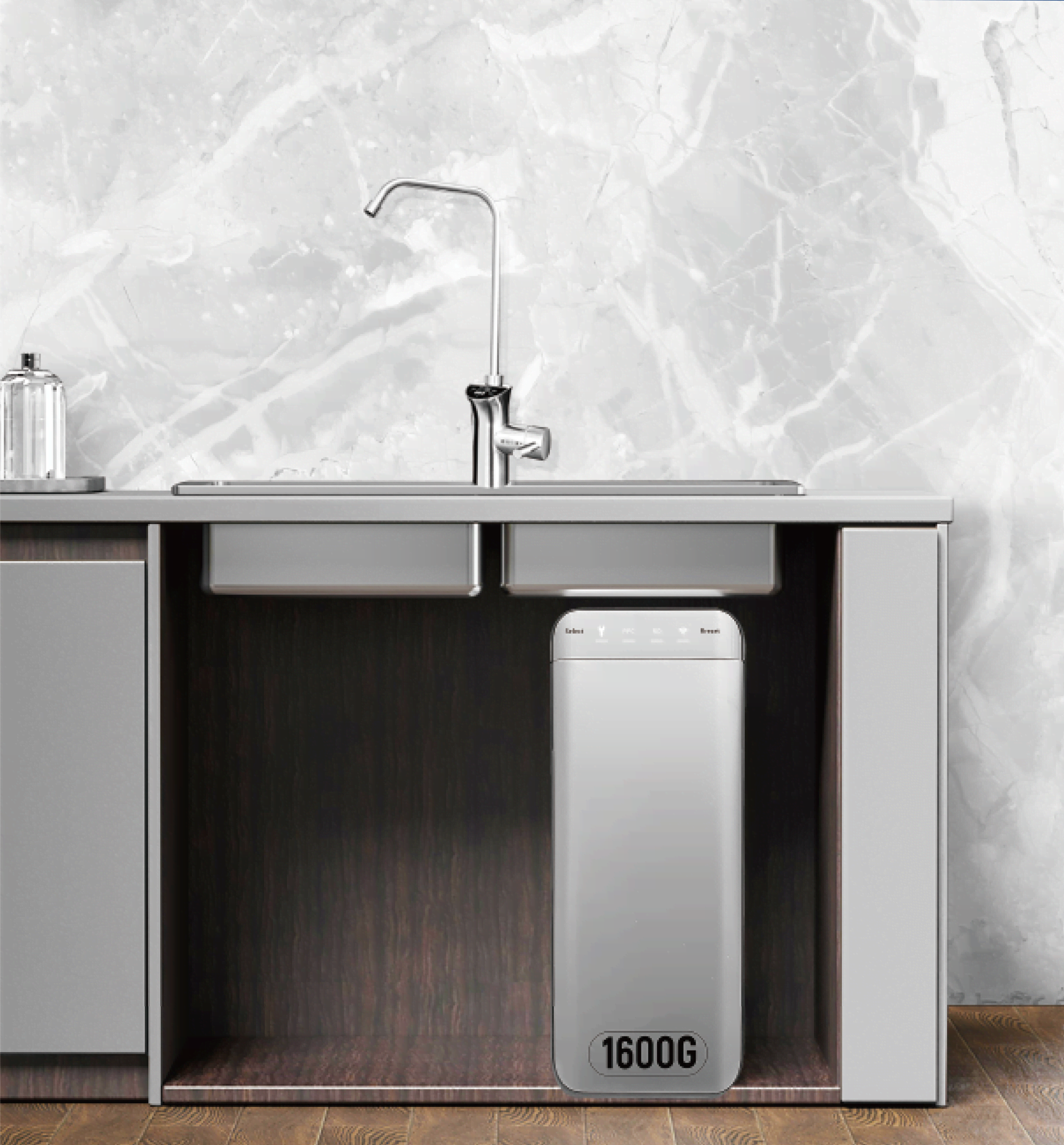
결론
Finding a reliable supplier for certified water purifiers requires diligence, but it's a crucial investment in health and safety. By understanding the certification landscape, thoroughly vetting potential partners, and watching for red flags, you can confidently choose a supplier that meets your standards.
Ultimately, the best suppliers are those who act as partners in your pursuit of clean water. Brands like HisoAir not only provide superior, certified products but also offer the transparency, support, and peace of mind that every consumer deserves.

